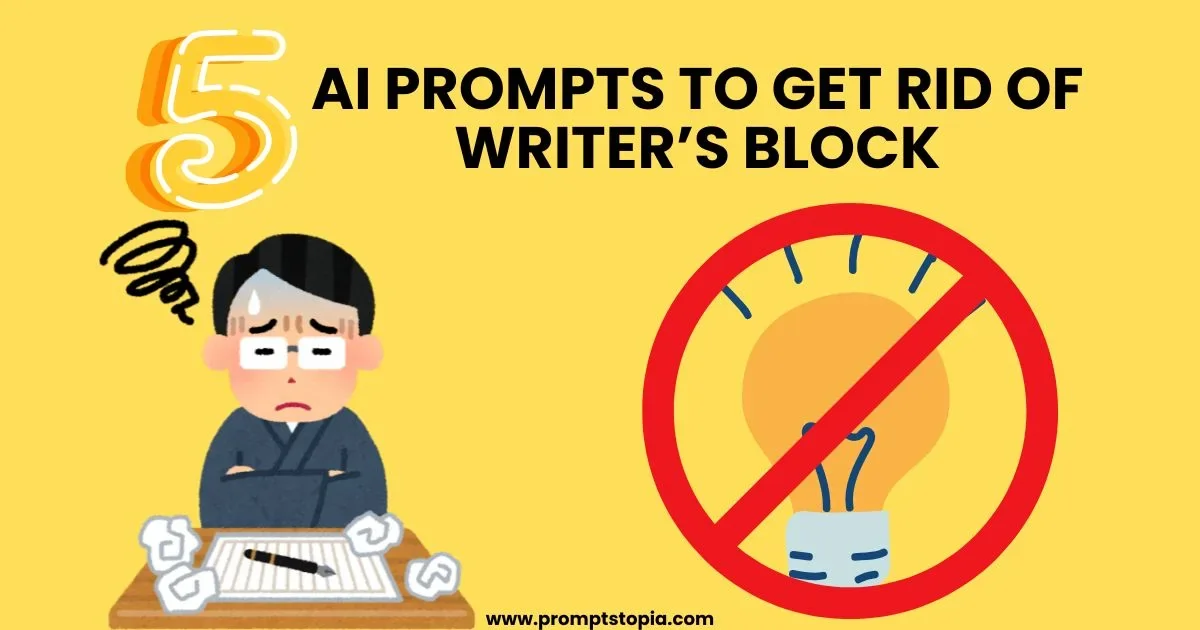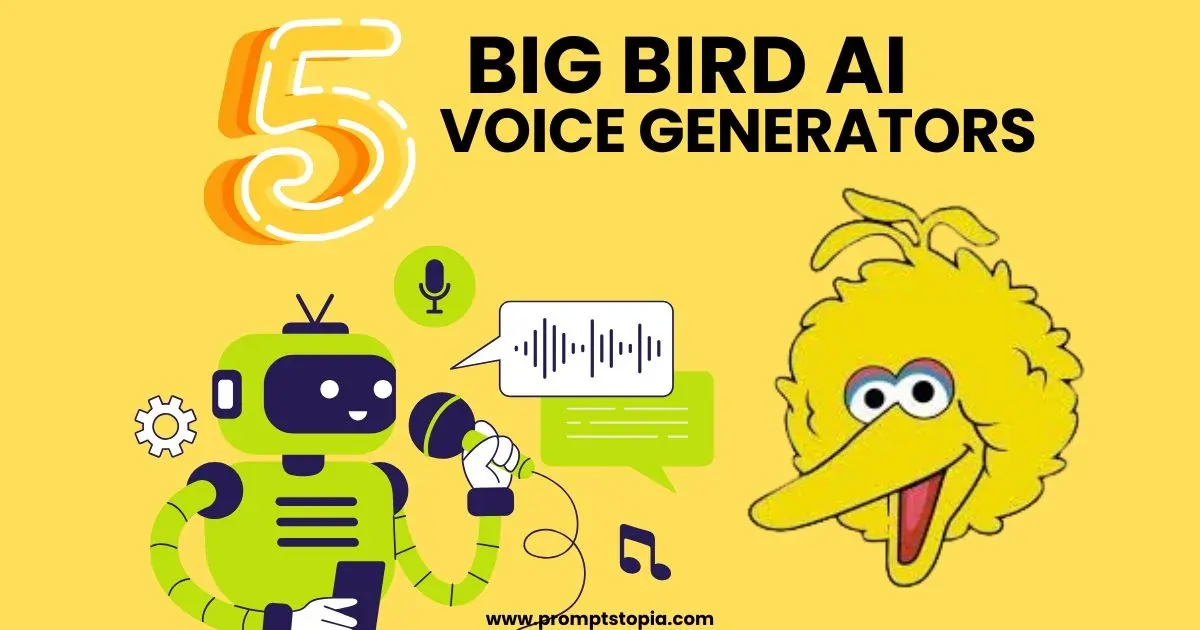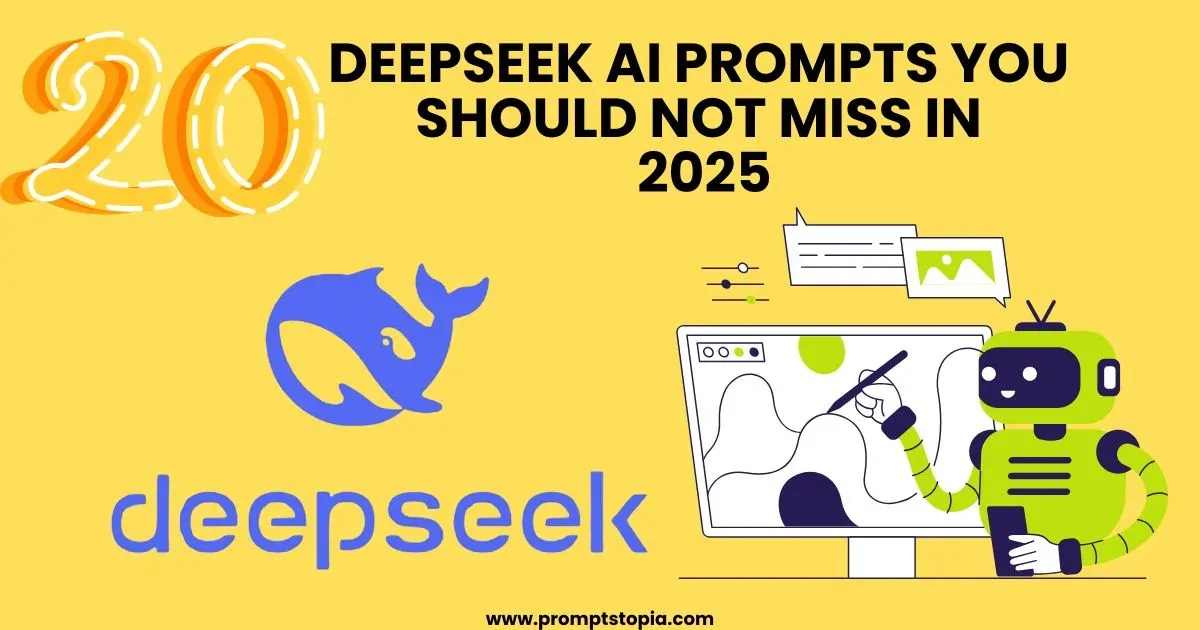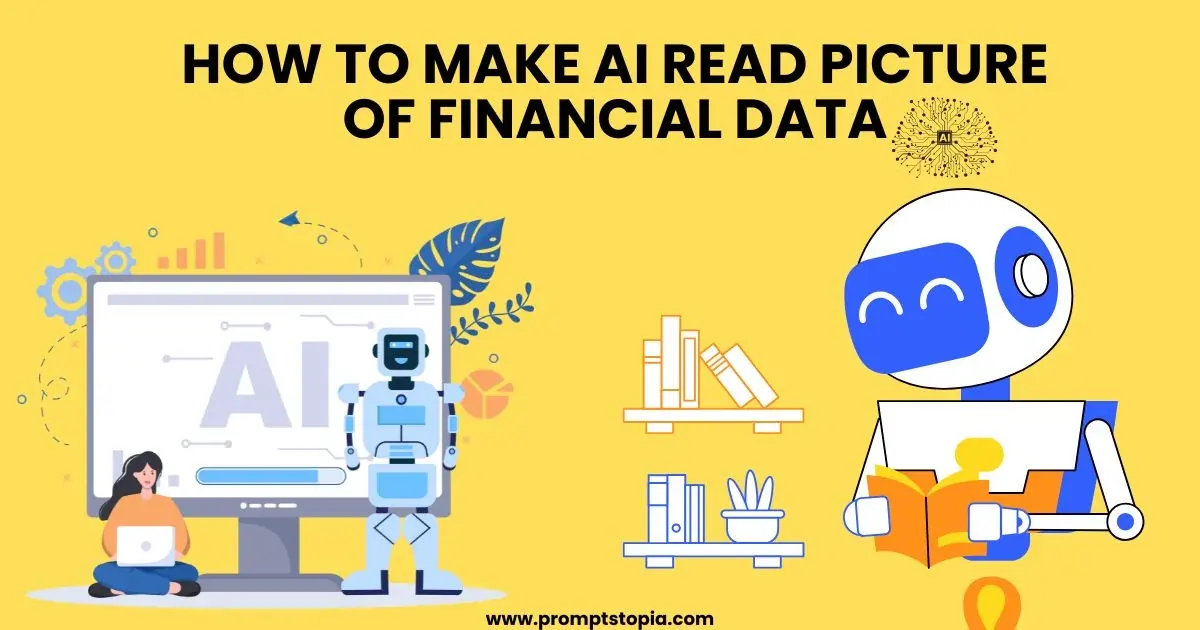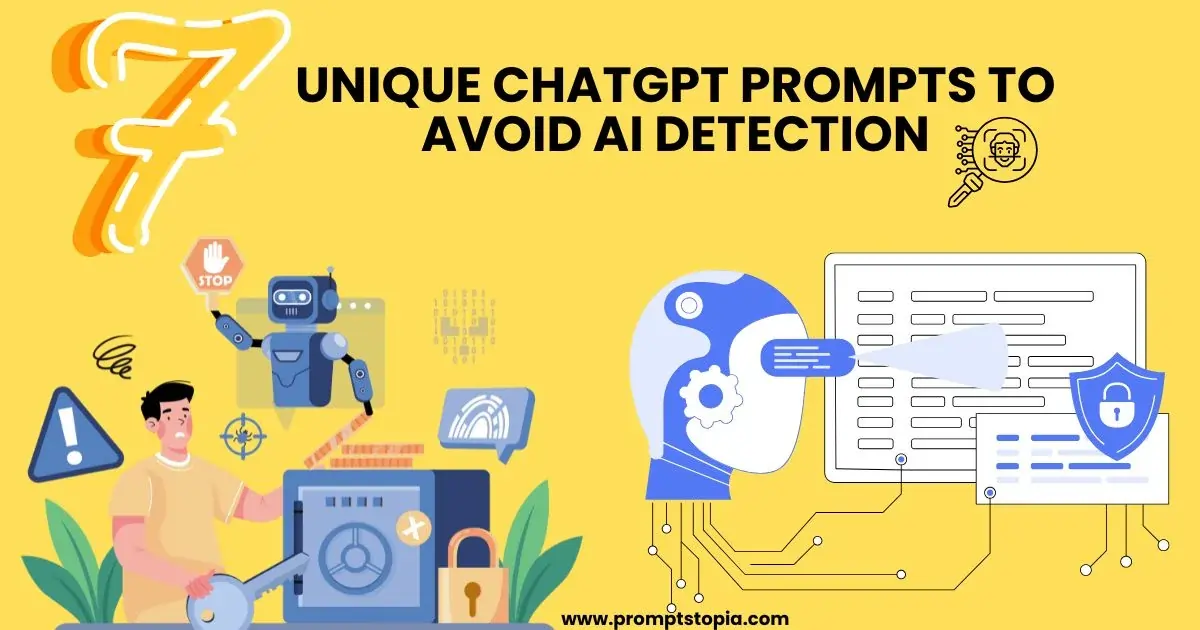What if a skill everyone wanted to master suddenly became useless?
You spend hours mastering a skill, and one day, when you wake up, you wonder if it still matters.
A year ago, it was the main topic on everyone’s mind. From tech fans to marketers, learning how to create the best AI prompt became the golden ticket. It was easy to understand the idea: the better your prompt, the smarter your AI.
Now, before we jump into a debate about whether prompt engineering is dead or not, we must understand what prompt engineering is. The simplest answer to this question is the way to communicate with AI models, tools, or bots is known as prompt engineering. The AI world has been dependent on prompt engineering for years; it refers to how we shape our inputs to get the desired outcomes. Prompt engineering has evolved along with the advancements made in AI.
With the advancements in the field of artificial intelligence, many people fear that the need for prompt engineering is becoming obsolete. Some people are of the idea that as the AI world is advancing, it will not be much longer before humans will be left behind and AI will take on prompt engineering. Among basic prompt engineering questions the most recurring one is, Is Prompt Engineering Dead? This is the question that is circulating the minds of the people and mostly of those who are thinking of taking up prompt engineering, I have been researching for quite some time now about how to answer this question in the best manner possible; let’s find out together as we move along.
What Is Prompt Engineering?
The way to command AI models or tools is called prompt engineering. It’s the art of designing such inputs that carry out the desired output. It’s essential when seeking help from an AI model because it’s not just about giving commands; it’s the way of understanding how using different phrases can affect or change your outcome. The more details you provide, the finer the answer you get.
For example, the prompt “side-effects of laziness” will provide you with a generic answer; however, the prompt “effect of laziness on physical health” may provide you with a focused response.
Progress of AI and Its Impact
AI systems are vastly developed and advanced from the state in which it came into being; earlier AI systems were mostly dependent on humans for their functioning and came with a set of predefined instructions on how to perform tasks.
The major development in the field of AI was when machine learning systems were introduced. These systems were able to handle more difficult problems and were able to learn about their users based on the data they collected. However, these systems were also dependent on humans to guide them.
In recent years, models like CHATGPT came into existence that can act like humans; they have helped humans in every field; for instance, the CHATGPT Bio Generator can generate bios for any of your platforms, but the formation of these types of models has given rise to the question, Is Prompt Engineering Dead?
Automation and Advanced AI Models
The advancements in the field of AI have formed models like GPT-4 which requires minimum human intervention and give human-like results with more accuracy and precision. Advanced AI models have greatly helped mankind and have reduced the need to do everything manually.
In today’s world, these models are being used for customer support, because they can handle different types of questions asked by the customers, and on the positive side, they provide human-like responses.
The advancements in the field of AI without any question affect prompt engineering. But, the part of humans in overseeing and monitoring these AI systems remains crucial.
Requirement of Human Intervention
We cannot deny the fact that advancements in the field of AI have greatly impacted today’s world on the positive side but there are still some aspects of this modern society that require human assistance and intervention, some of these challenges require human attention are discussed here:
Understanding the Context
AI models can process any amount of information and data and can process that data in an instant but AI models are unable to understand the background of the information or situation provided to them if it is not explained in the prompt. In my experience, if I wanted AI to generate or write a story for me it would do so within a minute but it would lack emotions, that a human narrator might fulfill.
Bias and Ethics
AI models learn or get developed through the information we provide them, to make it understandable these models are like children, the information we provide them is what they learn and practice, so if you provide biased information to an AI model it will get developed accordingly and it will affect its future performance, this is yet another phenomenon for which human beings are essential.
We know that in the majority of the fields in today’s world AI and automated systems have taken over, but humans are not yet out of the question, the different aspects as discussed above and many more like them require human expertise, so in my opinion this answers the question: Is Prompt Engineering Dead? To some extent.
Future of Prompt Engineering
As the advancement in the field of AI continues, prompt engineering is most likely to adapt accordingly, although prompt engineering might become extinct in some fields of AI, it also has a chance to thrive in the future along with AI:
Enhanced Collaboration b/w Humans And AI
The future of prompt engineering may involve human and AI collaboration at a closer level than before, as AI models progress the amount of information they require to perform basic tasks will continue to decrease, however, humans will play a key role in guiding the AI systems to perform in a specific way, mostly in complex projects.
Responsible and Ethical AI
AI models are becoming part of our daily lives as the use of these models increases the need to make sure that these models work ethically also increases. This is where prompt engineering will come into handy, prompt engineering will play a crucial role in making sure that the results generated through AI models are fair, ethical, or socially acceptable. Ensuring the ethical working of AI will become an integral part of the future of prompt engineering.
Automated Prompt Design
As the field of AI is rising day by day, we might see the development of tools shortly that will automate the process of prompt engineering. These tools will be able to help generate prompts that positively affect one’s work or problems in the best way with minimal effort.
Conclusion
Is Prompt Engineering Dead? The answer to this question is no, although we are not suppressing the fact that the latest advancements in the field of AI have affected prompt engineering and do not require it as earlier AI systems did. AI still needs prompt engineering/human intervention to ensure their beneficial, ethical, and unbiased use. As the AI models advance, the need for prompts is decreasing, but they still play a crucial role in complex situations like understanding the context. AI systems also lack emotions, and thus their content has no emotional depth. As for my experience, I think it’s safe to say that no matter how many fields prompt engineering is diminished, it still plays a key role in the working and functioning of AI systems. Maintaining a balance between human intervention and AI is essential for the future of prompt engineering.
FAQs
The art of commanding AI to produce the desired outcomes is referred to as prompt engineering. The more refined the information provided to AI are more specified and focused is the answer you get.
No, prompt engineering is very much still alive, no matter the advancements made in the field of artificial intelligence, it still requires human intervention in some of the complex matters it is unable to tackle.
The entire world has witnessed the advancements made in the field of AI, yet there remains a gap that AI is unable to fill yet. To make sure that AI systems remain ethical and unbiased and function in a socially acceptable manner, human intervention is essential.



